OBSESSIVE BEHAVIORS: writing the same story over and over again
I started writing in second grade, a jingle. I was paraded from room to room in Standish Elementary School to persuade my peers to give money to public television, or some such cause. In fifth grade, some of us were cool enough to be poets and produced a mimeographed collection of our rhymes. Seventh grade was more serious. Our journal contained stories and poems. In high School, for me, it was cool to be in the Creative Writing Club and hang out with intellectuals, not that I was one (but there was that one boy I had a crush on). However, skipping past more solitary and juvenile attempts at writing, my epiphany came when I was in my thirties.
I980s: I attended community college, enrolled in my first Women’s Studies Class (Women in Literature) and my first academic class in the writing of poetry. The Women in Literature class required us to go to a bookstore. I went to Amazon Bookstore, Minneapolis’ independent bookstore, the first lesbian/feminist bookstore in the U.S. according to Wikipedia (https://en.wikipedia.org/wiki/Amazon_Bookstore_Cooperative). With curiosity, I examined categories of books, naïve, but on a mission, it dawned on me— I was missing. 1980’s and a mixed-race-passing-for white-woman was not on the shelf. I went home and wrote, basically a chap book of poems, about me.
My self-interest peaked as I continued my college education , a stop and go experience that began when I was eighteen and ended, at least formally, at 48, to learn all I could about race, gender, sexuality—and oppression. The more I learned the more I wrote. But for the most part, I wrote the same story over and over again. But my undergraduate advisor said that it’s okay. That most of us have one story we’re obsessed with, one that we can’t stop writing.
Don’t stop writing yours. Because you will not be writing it to death; you will be writing it to life. The more you write the story you’re obsessed with, the more it will evolve. Eventually your story will answer questions you didn’t know you were asking; eventually your story will connect, once it’s out in the world, with other people’s stories and an even larger realm of understanding can take place.
Also, the more you write that story you’re obsessed with, the better your writing will become. Better because you will know your story so well that images and words will return time after time, but each time, perhaps in a different context, perhaps surrounded by fresh words that sing or singe. Richard Hugo acknowledges he uses numerous words repeatedly, so do I. Mine are: Chinese, Black, mixed race, passing, Mother, mahjong, white rice, South Scandinavian Minneapolis, virgin birth, conjure, and love.
I do get tired of writing my story over and over again, the story of a Chinese Black girl passing for white, but after forty some years of repeating it, in poetry and in prose, I may have discovered who I am, and I may have finally relinquished the need to know more. But, maybe not. Maybe I’ve just found a couple of new obsessions to sidetrack me for awhile: aging and autism. But they, too, are stories within my story.
I keep telling myself I’m not a narcissist. Just because I’ve written about myself for forty some years, doesn’t make me a narcissist-it makes me an activist, according to my friend, Anya. My story, like your story are stories that will help us identify with each other, even if your story is about aliens or robots I think we can find familiarity and hope-as we also acknowledge difference. As always, I return to Nikki Giovanni:
“and if ever i touched a life i hope that life knows / that I know that touching was and still is and will always / be the true / revolution”–Nikki Giovanni, “When I Die”
Exercise: What story are you obsessed with? What words are you obsessed with? Keep writing the story; keeping using the words and images that might be haunting you.
©Sherry Quan Lee, January 21, 2016



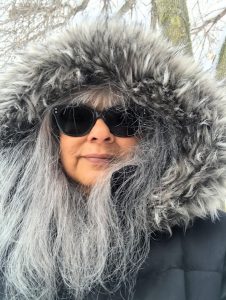

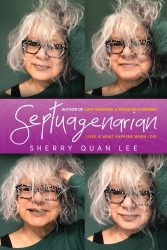
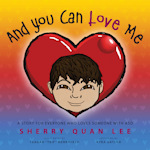
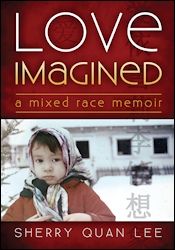
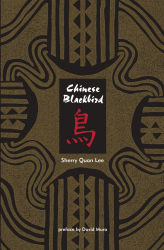
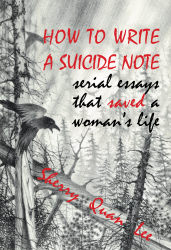

Thank you for this post. I also worry that I am obsessing about the same stories about being a mixed race woman, being my father’s daughter and figuring out my mom. Thank you for giving permission to obsess!